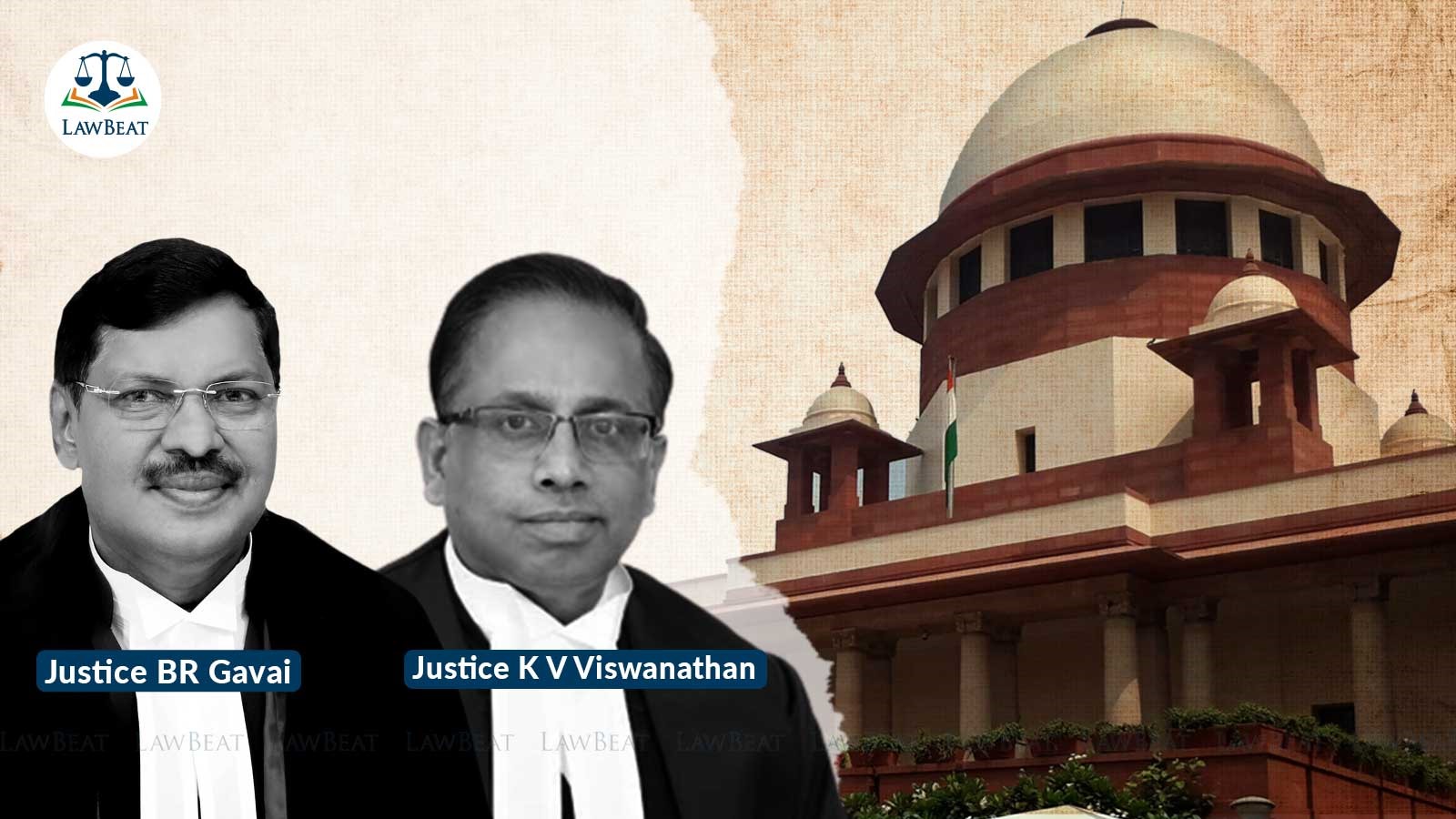NGT can't outsource its opinion; condemn person unheard: SC

After noting the "glaring error", the court set aside the NGT order and directed the tribunal to decide the matter afresh
The Supreme Court has said a tribunal is required to arrive at its decision by fully considering the facts and circumstances of the case and it cannot outsource an opinion and base its decision on such a view.
A bench of Justices B R Gavai and K V Vishwanathan took an exception to the National Green Tribunal's order which adopted a procedure "totally unknown to the settled principles of natural justice" and also smacked "of condemning a person unheard".
The court allowed an appeal filed by Grasim Industries Limited against the National Green Tribunal's order of April 7, 2021, as not sustainable in law.
After noting the "glaring error", the court set aside the order and directed the tribunal to decide the matter afresh.
The NGT had held that the appellant had committed a violation of the provisions of Environment Protection Act. It had found that the appellant had failed to install the online flow meter in CS2 stacks to quantify the CS2 emissions. It had also noted that the acid produced which was a by-product of the process employed by the appellant was hazardous to the environment.
The NGT, therefore, on different counts had imposed a penalty of Rs 75,00,000 each.
The tribunal had acted on a letter and initially directed the plant of the appellant to be examined by the State Pollution Control Board. After the receipt of the report of the State Pollution Control Board, it had appointed a Joint Committee to give its report. The said Joint Committee had made certain recommendations and the NGT had passed the order on the basis of the said recommendations.
The material placed on record would also reveal that the appellant herein was not made a party to the proceeding before the tribunal or before the Joint Committee, the top court noted.
"Though an application for impleadment was filed by the appellant, it was rejected by the NGT," the bench noted.
It also found that even the Joint Committee appointed by the NGT neither gave any notice to the appellant nor an opportunity was given of being heard.
Though, this objection was specifically taken by the appellant, the NGT had observed, “We asked the Counsel whether the stand of the unit is that the violations found never existed or whether they existed but have been remedied. His answer is later. It is patent that there were violations”.
The Supreme Court thus opined, "It is thus clear that the procedure followed by the NGT was totally unknown to the settled principles of natural justice. Neither was any notice given by the Joint Committee before giving an adverse report against the appellant nor the NGT permitted impleadment of the appellant as a party respondent. As a matter of fact, the NGT could not have proceeded further with the matter even at the initial stage without impleading the appellant herein as a party respondent. The approach adopted by the NGT clearly smacks of condemning a person unheard".
Court referred to another glaring error that had been committed by the NGT which was that it had based its decision only on the basis of the report of the Joint Committee.
"The NGT is a tribunal constituted under the National Green Tribunal Act of 2010. A tribunal is required to arrive at its decision by fully considering the facts and circumstances of the case before it. It cannot outsource an opinion and base its decision on such an opinion," the bench said.
The court remitted back the instant matter for a fresh consideration before the NGT.
Case Title: Grasim Industries Limited Vs The State of Madhya Pradesh And Another
